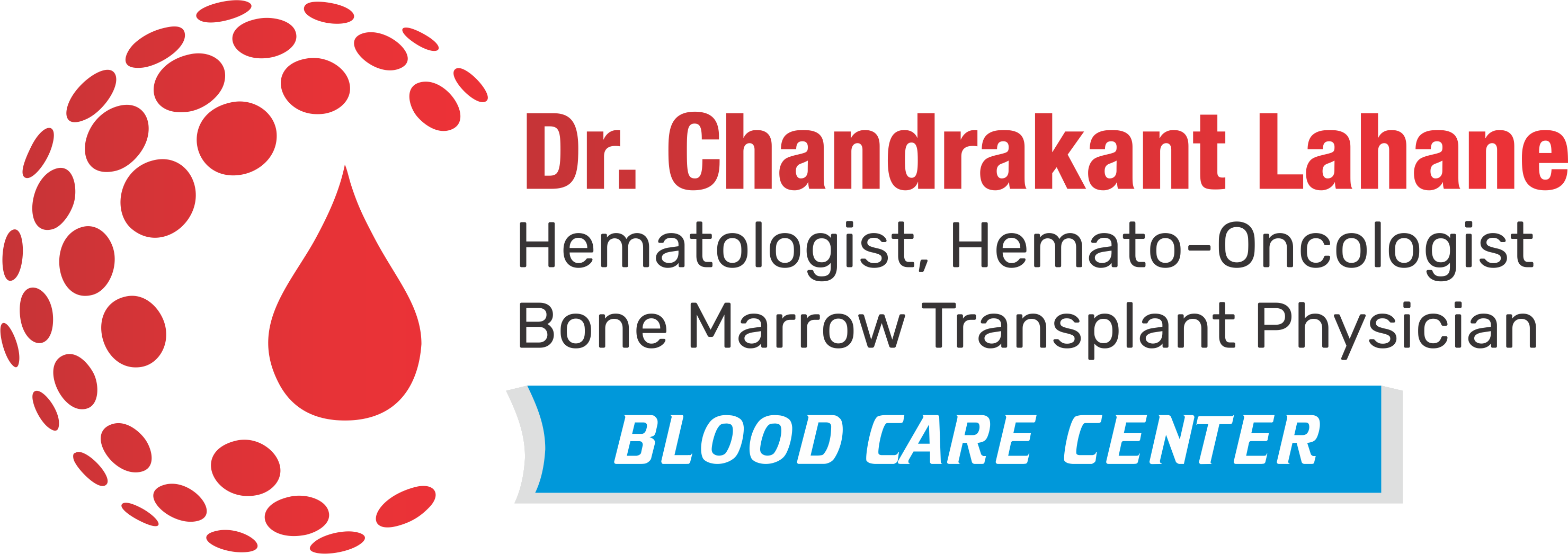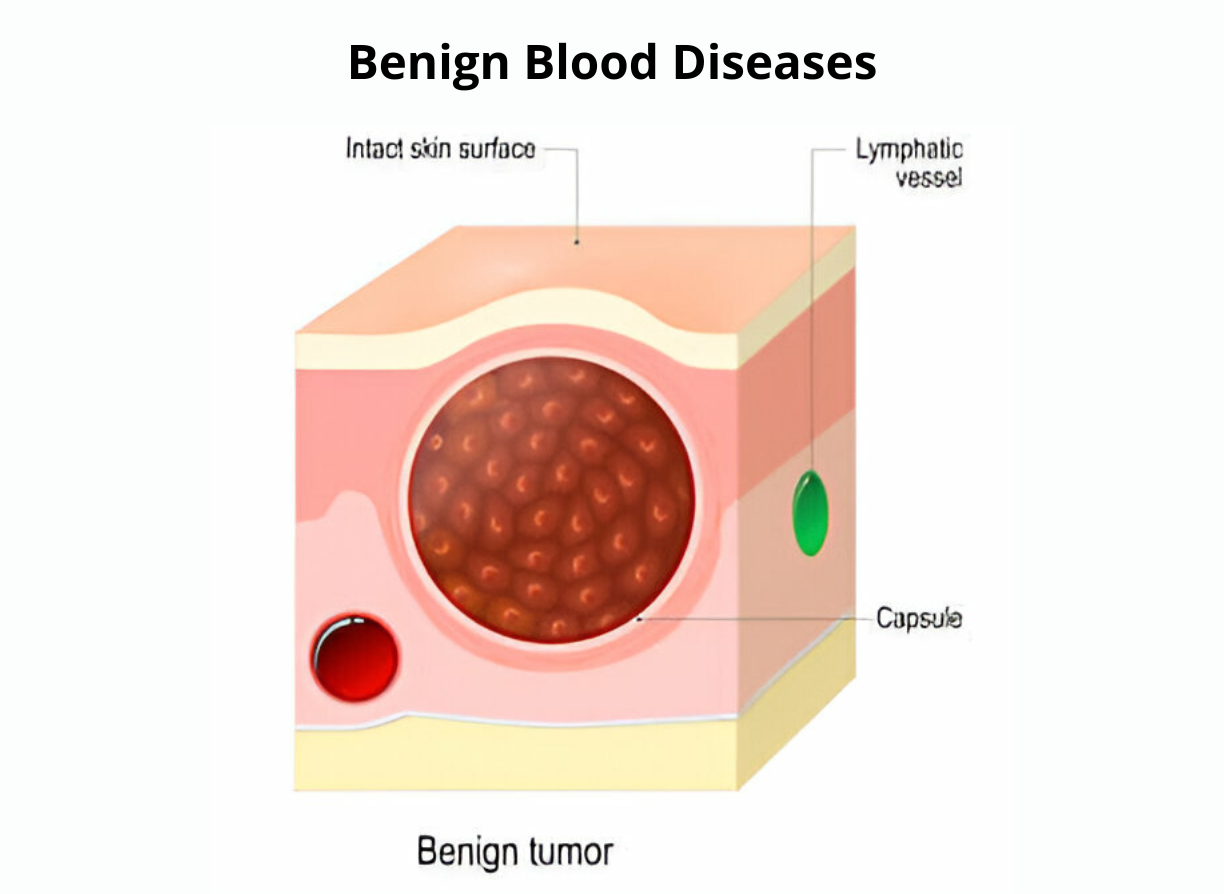Dr. Chandrakant Lahane- Benign Tumor Specialist in Pune
Benign blood diseases are non-cancerous disorders that can affect any component of your blood, including red blood cells, white blood cells, platelets, and plasma. Despite being non-cancerous, these disorders can significantly impact health and require careful management. Dr. Chandrakant Lahane Benign Tumor Specialist in Pune treats benign tumors and benign blood diseases in a very thorough and acceptable manner.
What Are Benign Blood Diseases?
Symptoms of Benign Blood Diseases
Fatigue and Weakness
Frequent Infections
Excessive Bleeding
Shortness of Breath
Treatments for Benign Blood Diseases
Blood Transfusions: For severe cases where blood cell counts are too low or too high.
Special Procedures: Like apheresis, where blood is filtered to remove excess cells or to treat clotting disorders
Types of Benign Blood Diseases
- Anemia:
- Thrombocytopenia:
- Polycythemia:
- Leukocytosis and Leukopenia::
This is a common condition where your body doesn't have enough red blood cells, causing fatigue and weakness.
This involves a low platelet count, making it harder for your blood to clot, leading to excessive bruising or bleeding.
Here, there are too many red blood cells, which can thicken your blood and slow its flow.
These are disorders involving too many or too few white blood cells, respectively, affecting your body’s ability to fight infections.

